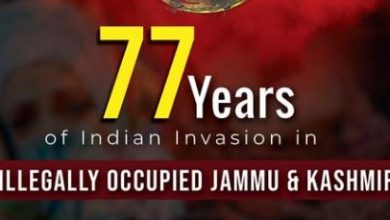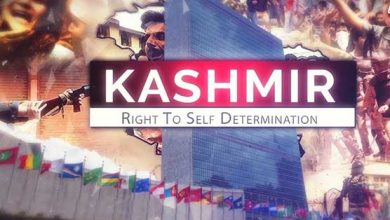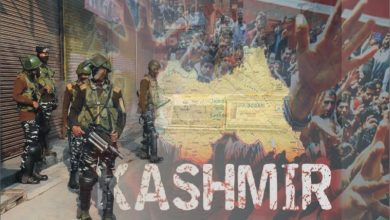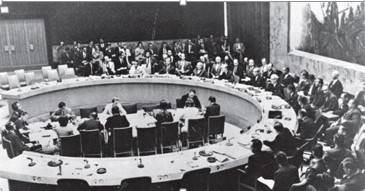Article: The 1993 Sopore Massacre, A Tragedy India Continues to Ignore
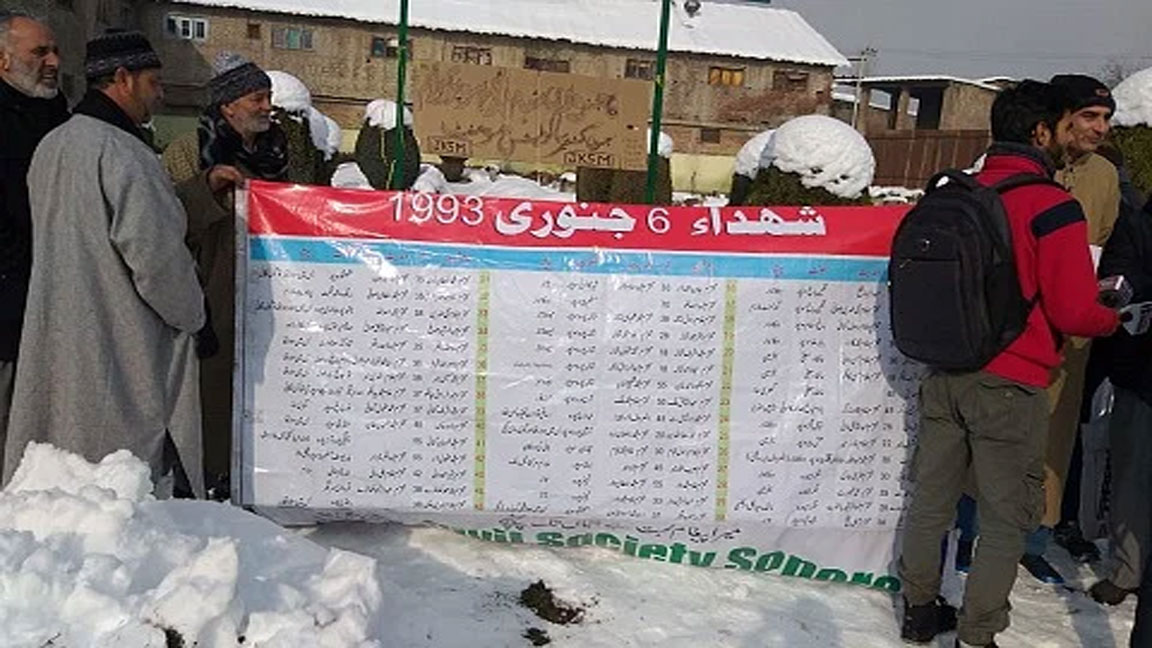 Usama Imtiaz
Usama Imtiaz
It was a cold January morning on January 6, 1993, in Sopore. The town was like any other that morning, busy with its usual routine. Shopkeepers were setting up their stalls, buses were picking up passengers, and people were heading out to work or school. No one knew that by afternoon, the town would be engulfed in blood, fire, and unspeakable loss.
The massacre began after a brief altercation between two Kashmiri freedom fighters and aBorder Security Force (BSF) patrol. The BSF responded with brutality, storming the streets of Sopore, shooting at anyone they saw. Civilians who were simply walking, working, or sitting in buses were killed without warning, their lives cut short in an instant.
Abdul Majid Sofi, a government employee, was on a bus heading to work. The bus stopped at the main chowk, and as soon as the doors opened, the BSF surrounded it. Eyewitnesses say that soldiers opened fire without hesitation, killing passengers in cold blood. Majid was one of the victims. His family would never see him again. Their lives were destroyed in a moment, leaving them with nothing but an unbearable void.
Mohammad Altaf Ganai, a shopkeeper, was at his store that morning. When the gunfire erupted, he took shelter inside, hoping to be spared. But the soldiers didn’t care. They entered his shop, shot him at point-blank, and then set the shop on fire. Altaf’s body was found later, burned beyond recognition. In an instant, his life was taken, and his family was left to mourn a man who had simply been doing his job.
Thirteen-year-old Bilal Malla was waiting at a watch repair shop for his grandmother’s clock to be fixed. When the gunfire began, he lay flat on the floor, praying to survive. But the soldiers barged in, dragged everyone to their feet, and shot three people right in front of him. Bilal, terrified, clung to one of the soldiers’ legs, begging for mercy.Miraculously, he was spared, but the sight of the bodies and the horror of that moment would stay with him forever.
The massacre didn’t stop with the shootings. The soldiers destroyed everything they could. They set fire to shops, homes, and businesses. Over 400 shops and 75 homes were reduced to ashes. Families who had spent their lives building something were left with nothing. Their livelihoods, their dreams, gone in an instant, consumed by flames.
The fire department was prevented from doing its job. BSF soldiers blocked fire trucks from reaching the flames. By the time the firemen were allowed to act, most of the town’s market had already been reduced to rubble. The town was left in ruins, and the people were left with nothing.
Fifty-seven innocent lives were taken that day. These victims were not combatants. They were ordinary people who became the targets of the Border Security Forces’ brutality. Many others were injured, and their lives were marked by the violence of an oppressive state that showed no care for their suffering.
The Indian government promised justice in the aftermath, claiming that the perpetrators would be held accountable. But thirty years later, nothing has been done. No one from the BSF has been punished. No one has faced justice for the massacre. The Indian state has ignored the pleas of the victims’ families, choosing instead to uphold its illegal occupation and its brutal policies.
The pain of January 6, 1993, continues to haunt the survivors. The families of the dead carry that trauma every day. This massacre is not just a part of Sopore’s history. It is a part of the ongoing suffering the people of occupied Kashmir continue to endure under India’s oppressive occupation.The people of Sopore will continue to demand accountability. The world must hear their calls for justice and stand with the people of occupied Kashmir.





